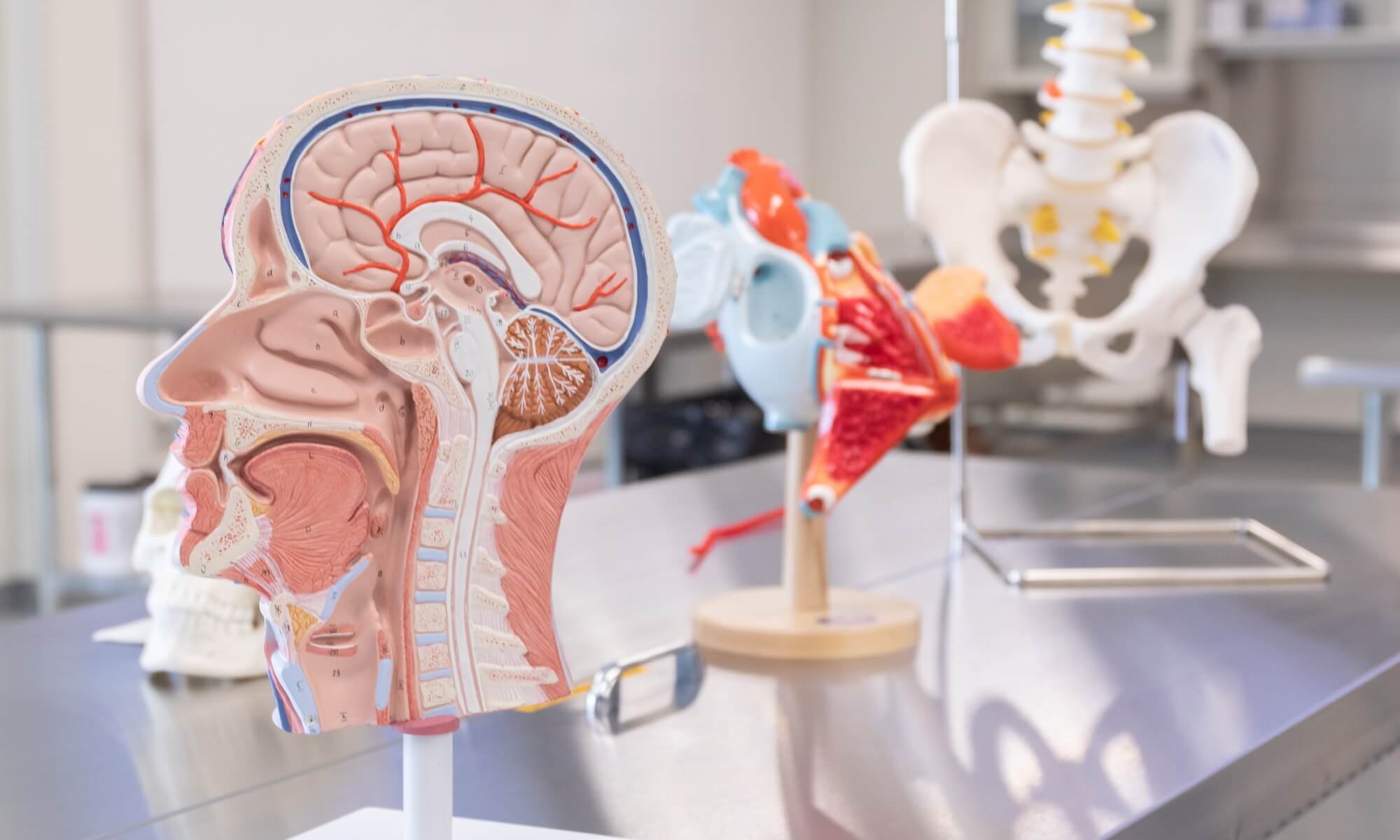
Strong sleep hygiene means having both a bedroom environment and daily routines that promote consistent, uninterrupted sleep.
Occupational therapist program faculty at Concordia University Ann Arbor provide a series of tips for wellness in the workplace and in the classroom. Here we share how sleep hygiene affects your day and eight tips for improving it.
Why is it important to have good sleep hygiene?
Sleep habits and routines are directly related to attention, concentration, memory. Sleep habits are also related to stress management, weight, and mental health. When our brains aren’t getting the rest the require, they may have a more difficult time multi-tasking, paying attention, or remembering things. When we don’t get the sleep we need, our brains also have a tougher time managing our emotions including stress, anxiety, and depression.
8 tips for improving your sleep hygiene
Avoid screen time for 30 minutes before going to bed.
This includes computers, tablets, television, and your mobile phone. The blue light emitted from these screens tells your brain it is “time to be alert” and it stands in the way of your brain starting the complicated chemical reaction needed for you to fall asleep!
Have a bedtime routine.
It is not only the amount of sleep you get that matters, but WHEN you get it. The brain likes consistency and routine. Set a bed time and awake time that you can stick to daily, regardless of when your daily responsibilities begin. Your brain will begin to anticipate going to sleep within an hour of your bed time and will start the “wind down” in preparation for sleep.
If you can’t fall asleep, don’t just lie in bed thinking about how you can’t fall asleep.
This can trigger anxiety, which makes it even more difficult to fall asleep. Instead, if you have been laying in bed unable to fall asleep for 20 minutes, get out of bed. Go to the bathroom (even if you don’t feel like you have to go), get a drink of water, or just walk to the living room and back. This resets the brain and body a bit and may make it easier to fall asleep. Avoid screens at this time (resist the urge to check social media or flip on the television).
Try a mindfulness activity.
Do you have so much on your mind that it is tough to unwind at night? Try a mindfulness activity such as guided meditation, guided imagery, progressive muscle relaxation, or work on a jigsaw puzzle before bed. This allows the brain a break from focusing on the laundry list of things we have on our mind and it may be enough to allow the brain to trigger the mechanisms of sleep.
Try adding warmth.
Drinking a soothing, warm beverage like chamomile tea, snuggling under a heated blanket, or taking a hot shower or bath in the evenings may help to relax your muscles and prepare for sleep.
Limit liquids before bed.
If you find that you are waking up in the middle of the night to use the bathroom, avoid drinking large amounts of liquid within an hour of your bedtime.
Avoid alcohol and nicotine before bed.
Though these substances are commonly known to “relax” you or help you “unwind”, they stand in the way of your brain’s ability to enter into deeper stages of sleep, which means you may sleep but you may not be getting the best quality sleep, leaving you feeling tired in the morning.
Avoid studying, working, or using electronic devices while in bed.
Your brain likes to have a designated sleep and awake space. It can confuse your brain if you work in the same place you are resting, “Should I be alert or resting right now?”
Remember, it takes 21 days of follow through to establish a new habit! Use your phone to help set reminders for doing some mindfulness activities or to help you stick with your bedtime. Which sleep hygiene tip will you try tonight?
Learn more about Concordia University Ann Arbor’s occupational therapy graduate program, with an anticipated program start in 2022. Are you an undergraduate student with interest in studying occupational therapy after graduation? Check out CUAA’s bachelor of science in rehabilitation science.
Meet the OT team

Juliane Chreston, OTD, OTRL
Program Director
Assistant Professor
Research Interests: Professional identity development, scholarship of teaching
Teaching interests: Occupation-based practice, physical medicine and rehabilitation

Jennifer Beuby, OTD, OTRL
Academic Fieldwork Coordinator
Assistant Professor
Research interests: Strategies for improving student confidence for application of learned OT skills, Lifestyle redesign for chronic pain management
Accreditation statement
The Concordia University Ann Arbor entry-level occupational therapy doctoral degree program has applied for accreditation by the Accreditation Council for Occupational Therapy Education (ACOTE) of the American Occupational Therapy Association (AOTA), located at 6116 Executive Boulevard, Suite 200, North Bethesda, MD 20852-4929. ACOTE’s telephone number c/o AOTA is (301) 652-AOTA and its Web address is www.acoteonline.org.
The program must be granted Candidacy Status before students can be admitted to the program. Concordia University and Dr. Chreston are fully committed to the development of the entry-level occupational therapy doctoral degree program, but prospective students should be aware there is no guarantee that the program will receive Candidacy Status or be allowed to admit students. An ACOTE candidacy decision is expected in December 2021. Prospective students will be informed of acceptance into the program January 2022 with an anticipated program start of May 2022.
The program must be granted Candidacy Status, have a pre-accreditation review, complete an on-site evaluation, and be granted Accreditation Status before its graduates will be eligible to sit for the national certification examination for the occupational therapist administered by the National Board for Certification in Occupational Therapy (NBCOT). After successful completion of this exam, the individual will be an Occupational Therapist, Registered (OTR). In addition, all states require licensure in order to practice; however, state licenses are usually based on the results of the NBCOT Certification Examination. Note that a felony conviction may affect a graduate’s ability to sit for the NBCOT certification examination or attain state licensure.
—
If this story has inspired you, why not explore how you can help further Concordia's mission through giving.